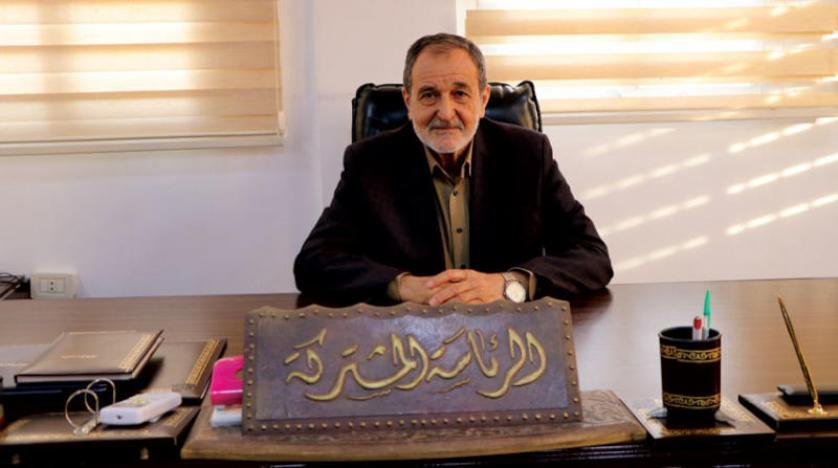
SDC co-chair Riad Darar has called on the Syrian Democratic Forces to join the work of the Constitutional Committee and find a political solution writes Asharq Al-Awsat.
The National Coalition for Syrian Revolutionary and Opposition Forces ignored calls by the Syrian Democratic Council (SDC) to work jointly to tackle the Constitutional Committee and the UN-sponsored negotiations, said SDC co-chair Riad Darar.
The SDC is the political arm of the US-backed Syrian Democratic Forces (SDF), which was formed in October 2015 and includes Kurdish, Arab and Christian forces and parties.
Darar told Asharq Al-Awsat that the council sent several official invitations to the National Syrian Coalition (NSC) to attend and participate in the internal Syrian conferences held in 2020 to activate the inter-Syrian dialogue.
“We sent similar invitations for the activities and meetings we held in western capitals, but they ignored them, prompting the SDC to resort to other opposition platforms, such as Moscow, Cairo and the National Coordination Committee for Democratic Change,” he explained.
This led to dialogue, understandings and signed agreements with the head of the People’s Will Party and Moscow platform Qadri Jamil in 2020, he revealed.
Darar urged the rest of the opposition forces to prioritize the Syrian people’s interests, work jointly for their country’s future and draft a national constitution that fulfills their aspirations.
Moreover, he said the Astana process has obstructed the efforts of the UN-sponsored Constitutional Committee, noting that the committee was a product of this process.
“Therefore, the process proved to be a failure in its origin, outcomes and course.”
Furthermore, Darar said the Constitutional Committee offers the regime more time to hold presidential elections that would prolong its stay in power and renew the term of president Bashar Assad “so that he can continue to constantly threaten the Syrian people and wage efforts to end their revolt.”
He accused the Astana process – comprised of Russia, Turkey and Iran – of steering the Syrian revolution off its course and attempt to force the opposition to support the regime’s agendas.
“The Astana process succeeded in portraying political work as being subject to the force of arms. It is more akin to terrorism than a project to defend the legitimate rights of the Syrian people,” he remarked.
The senior official further affirmed that the Russian mediation to de-escalate tension between forces loyal to Assad and the Kurdish Autonomous Administration’s internal security forces did not achieve any breakthrough since Moscow is biased towards the regime.
He pointed out that Kurds have not yielded to Russian pressure, accusing the regime and Moscow of seeking to change the region’s geographic features through military force by taking advantage of the transition of power in the United States as Joe Biden assumes the presidency.
This means that Moscow will manipulate the desired political solution in its favor, he warned.
Moscow wants to control Syria and make it a starting point for its re-intervention in the Mediterranean, Darar stressed, recalling that “it has done so in Libya and is doing so in Syria in agreement with Turkey in order to re-impose and reproduce the regime.”
Separately, Darar underscored the US role in northeastern Syria, stating that it aims to confront Iranian influence there.
“These regions are therefore, important to the Americans and relations will continue with them until changes are achieved on the ground that will be the foundation for the solution and reaching understandings between the Syrians,” he added.
He said that the Biden administration will witness a rebalancing of these policies. “When the period of achievement is reached, then we will witness real and effective intervention. This requires meeting some demands beyond Syria’s borders, starting with the position towards Iran,” he explained.
Darar also accused members of the Astana process of working against American presence in Syria, saying they continue to oppose it, forcing the opposition to take its side and become hostage to its orders and actions.
 Eurasia Press & News
Eurasia Press & News



